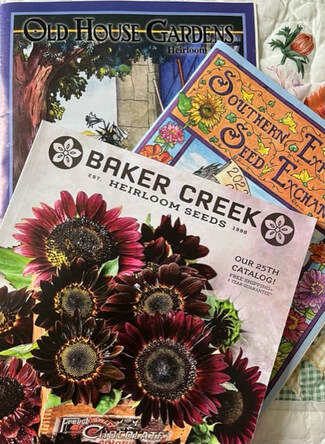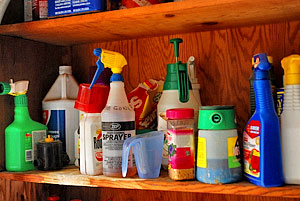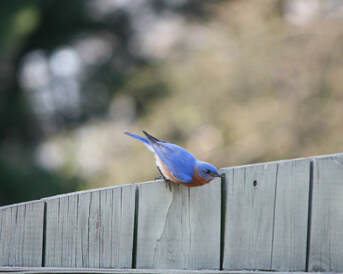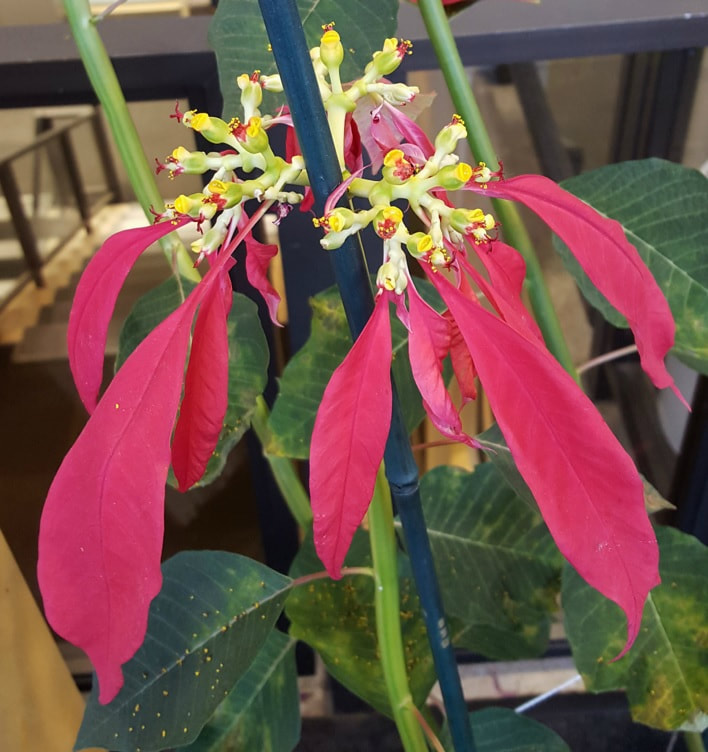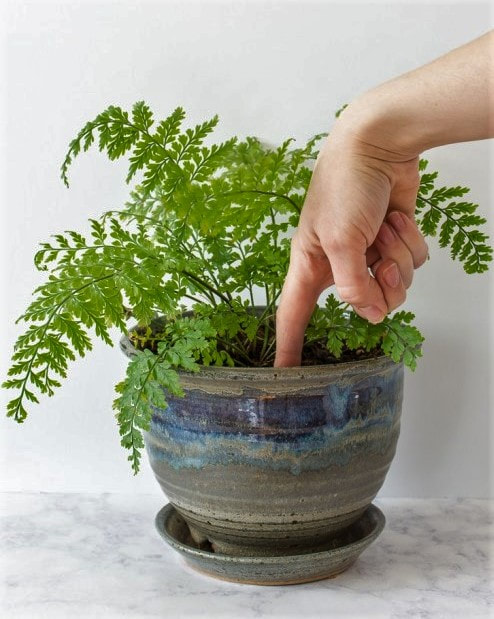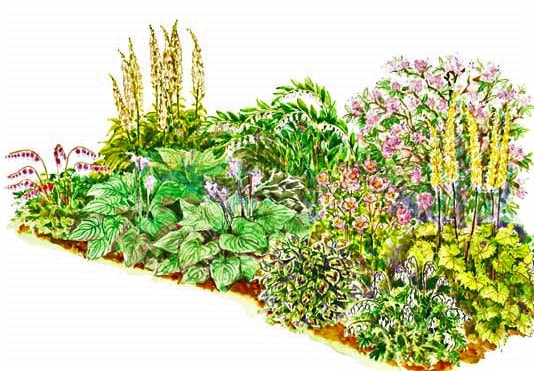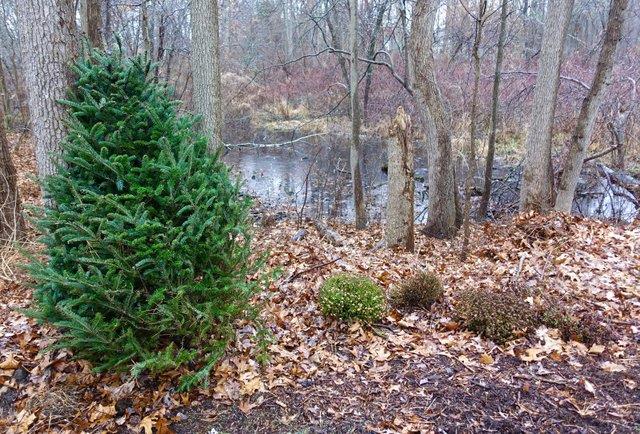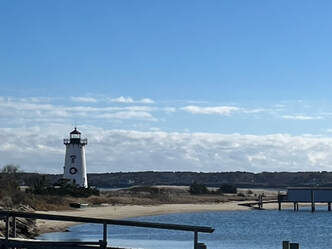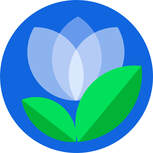Horticultural Hints for January!
|
It's time to go through those spring seed and plant catalogs.
Time is rushing by if you plan to order seeds or plants from catalogs. Far sooner than you think, many varieties may sell out. Or, the organic seed you prefer won’t be available. Or you’ll realize you didn’t order something you promised yourself last year that you would grow this year! And remember...if you order plants or bulbs from Brent and Becky's, the MV Garden Club will benefit by earning 25% of your total purchase! Your old garden chemicals may have broken down and may no longer be effective.
Resolve to be greener this year. Do you have leftover chemicals – pesticides, herbicides or fungicides – hanging around your garage, garden shed or basement? These are dangerous poisons and must be disposed of properly. Contact your local Department of Sanitation or Public Works for the next chemical disposal day. And in 2020, pledge not to use lawn and garden chemicals. Be kind to the birds. Not only do birds enliven your garden, they are your friends. Birds eat caterpillars all spring and
summer. So, during the coldest months when much of their food has disappeared or is buried under snow, put out seed and suet feeders. They’ll you and pay back your kindness come spring. |
Once poinsettias have started to lose their bracts, it's time to toss them.
Toss your holiday poinsettias as soon as they begin to drop leaves. It’s a tropical plant that requires a greenhouse to survive, let alone re-bloom, in New England. Once those bracts are gone, you’re only left with a spindly, leggy plant that is toxic to pets. ...and speaking of pets, when the snow arrives, avoid using salt on sidewalks and driveways. Sand or kitty litter will provide
traction and even assist in melting as it warms on sunny days. Best of all, there will be no damage to your plants now, or when the ground thaws in the spring. The sand or litter will disappear into the garden soil without damaging to roots or poisoning the soil. Only water a houseplant if the soil is not damp an inch below the surface.
Water sparingly between now and spring. If you keep your houseplants constantly wet (overwatered), they become a perfect breeding ground for fungus gnats. Those gnats, in turn, will quickly look for other plants to colonize. Allow soil in the pot to dry out somewhat between waterings. |
Make a plan this winter for a small, new garden for 2023.
Use these cold winter months to plan a new, small garden of something you have never grown before. It could be annual flowers from seed, summer and fall bulbs, perennial grasses or something that catches your fancy in a seed catalog. Breaking out of old habits keeps your garden interesting, and you might find a new passion! Recycle your tree. When the tree comes down, recycle it. Tie it up in your yard as a shelter for birds during winter storms. Find out if your town recycles trees by turning them into mulch, or using them to protect the sea shore from winter storm erosion. You can cut off the tree’s branches and use them to cover new or tender plants to protect them from winter winds and freeze-and-thaw cycles (and, no, the needles won't harm your plants or the soil chemistry). If you use an artificial tree, store it carefully so there'll be no need to replace it next year.
Pray for snow!
So far, his has been a largely snow-free winter for southern New England. Of course, you have added leaves around new plantings to protect them from sub-freezing temperatures and frost heaves, but now it’s time to look for more help from Mother Nature. Snow is a natural insulator and a very efficient one—ten inches of snow provide the same insulation as six inches of fiberglass. Snow keeps roots happily buried, not subject to freeze and thaw cycles. |

